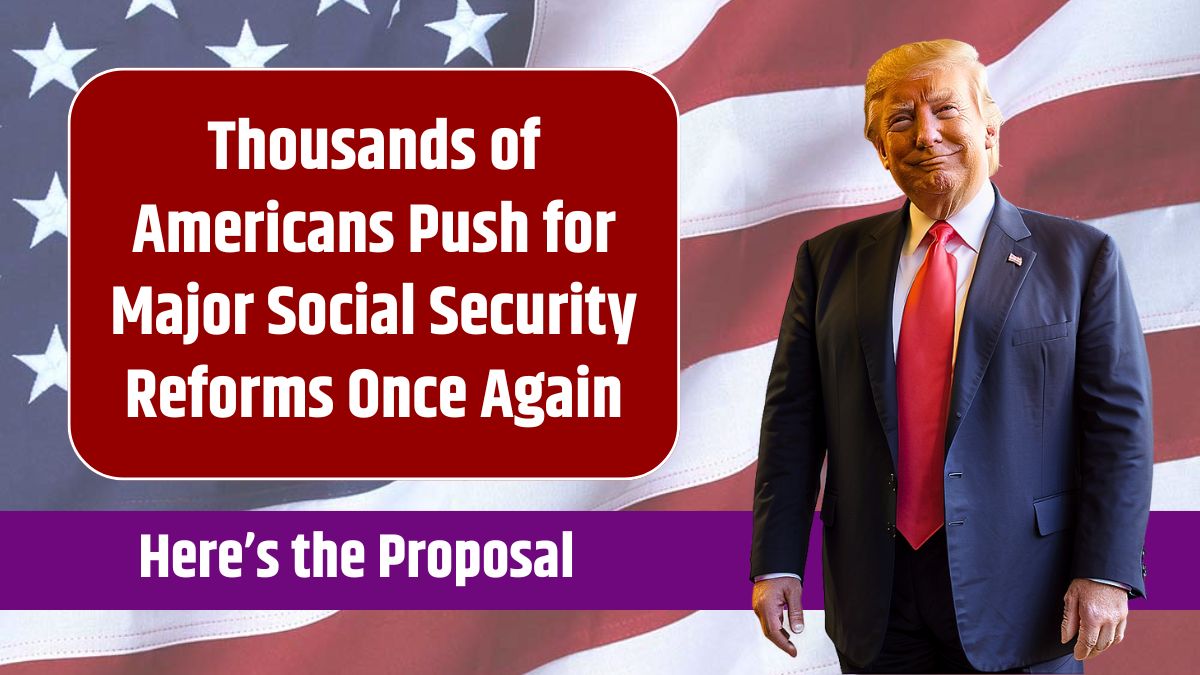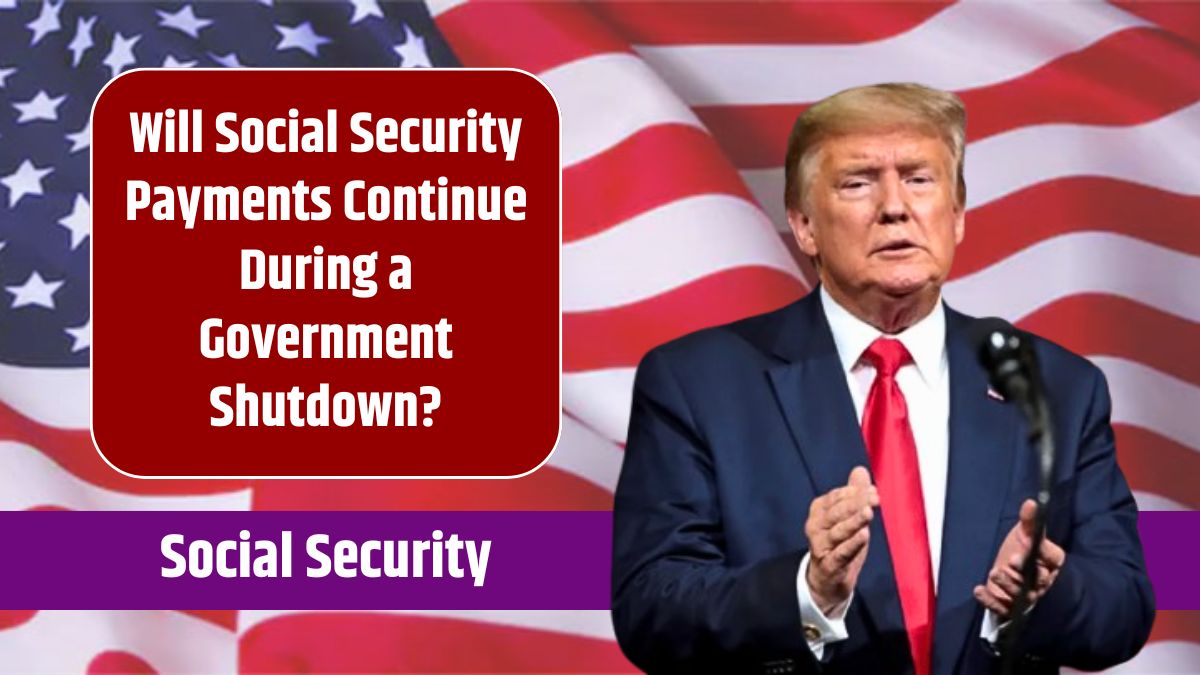The Social Security Fairness Act is finally making its way to the Senate for a vote after passing the House of Representatives with overwhelming bipartisan support. This bill aims to repeal two controversial provisions: the Windfall Elimination Provision (WEP) and the Government Pension Offset (GPO), which affect around 3 million Americans.
Both provisions have long been criticized for reducing Social Security benefits for public service workers, leaving many retirees with less financial security than they had anticipated. A petition with over 60,000 signatures is urging Congress to act swiftly and pass the bill.
Table of Contents
WEP and GPO
The Windfall Elimination Provision (WEP) modifies Social Security benefits for individuals who receive pensions from employers that do not participate in Social Security. For instance, public service jobs like teaching or firefighting often fall into this category. Essentially, if these individuals also have earnings from jobs covered by Social Security, WEP reduces the benefit they receive.
On the other hand, the Government Pension Offset (GPO) impacts spousal or widow(er) benefits. If a person receives a “non-covered pension,” their Social Security spousal or survivor benefits are reduced, sometimes to zero. Critics argue this adjustment penalizes public service workers and their families.
Bipartisan Push in Congress
The Social Security Fairness Act, introduced by Representatives Garret Graves (R-LA) and Abigail Spanberger (D-VA), has gained rare bipartisan momentum. The bill passed the House with a 327-75 vote—a landslide in today’s polarized political climate. Now, all eyes are on the Senate, where the bill also has significant support.
Graves emphasized the popularity of the bill, stating, “This was a hard-fought battle for the most popular bill in Congress. Our bill is equally popular in the Senate and should enjoy the same success.”
Despite bipartisan support, there are concerns. Some lawmakers question the financial impact of the repeal on the Social Security Trust Fund, which is already under strain. Still, advocates argue that fairness for retirees should take precedence.
Public’s Call for Action
Supporters of the Act, including organizations like MoveOn, argue that these provisions amount to “lawful robbery” of benefits. They point out that public service workers and those earning pensions abroad contributed to Social Security and should receive the full benefits they’ve earned. A statement from the petition explains:
“We are not the problem, and the trust funds should not be shored up on the backs of deserving Americans and their families.”
Experts echo these sentiments. Financial literacy instructor Alex Beene highlights how these decades-old provisions unfairly impact retirees from public service professions. However, others, like Kevin Thompson, CEO of 9i Capital Group, caution that while repealing WEP and GPO is important, addressing the broader funding shortfall in Social Security is critical for long-term sustainability.
Challenges Ahead
While the Act has substantial support, its path forward is not guaranteed. Concerns about the Social Security Trust Fund’s solvency remain a key sticking point for some lawmakers. Estimates suggest that repealing WEP and GPO could accelerate the depletion of the trust fund by six months—a cost critics argue is manageable compared to the inequities these provisions create.
Public awareness campaigns, including petitions, have increased pressure on Congress to act. But the ultimate decision will rest on whether the Senate can prioritize fairness while addressing broader financial concerns.
The upcoming Senate vote will determine whether millions of retirees finally see relief. The stakes are high, and the outcome could set a precedent for how Congress addresses Social Security reform in the future.
FAQs
What is the WEP?
The Windfall Elimination Provision reduces Social Security benefits for individuals with non-covered pensions.
What does the GPO affect?
The GPO reduces spousal or widow(er) benefits for those with non-covered pensions.
Who introduced the Social Security Fairness Act?
Representatives Garret Graves and Abigail Spanberger introduced the bill.
How many people are affected by WEP and GPO?
Around 3 million beneficiaries are impacted by these provisions.
Will repealing WEP and GPO deplete Social Security?
It could accelerate trust fund depletion by six months, but supporters argue fairness outweighs this cost.






